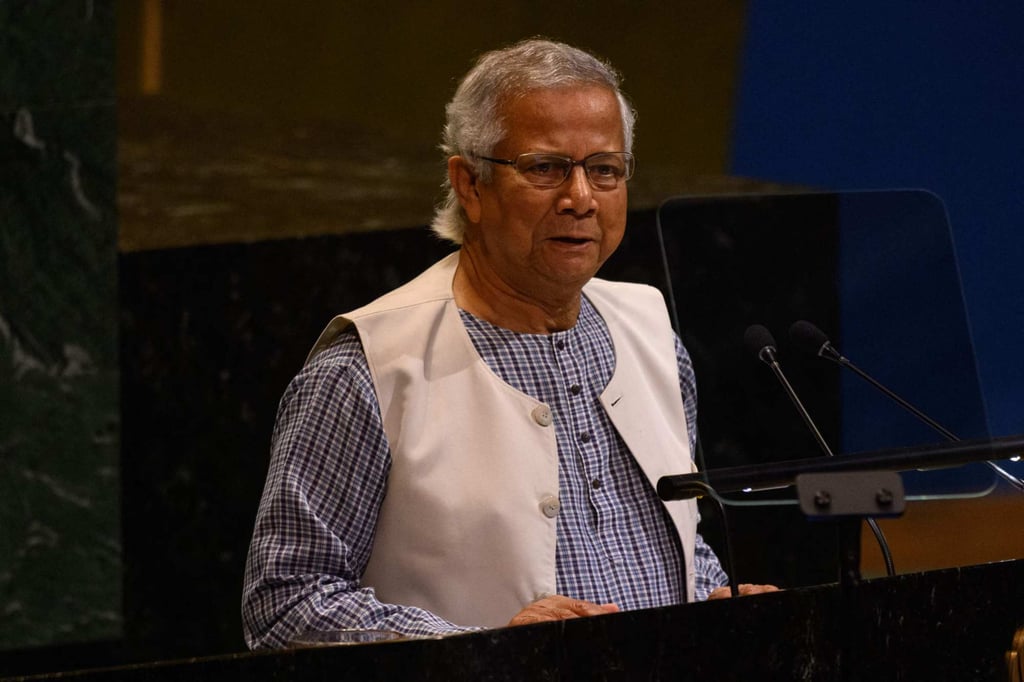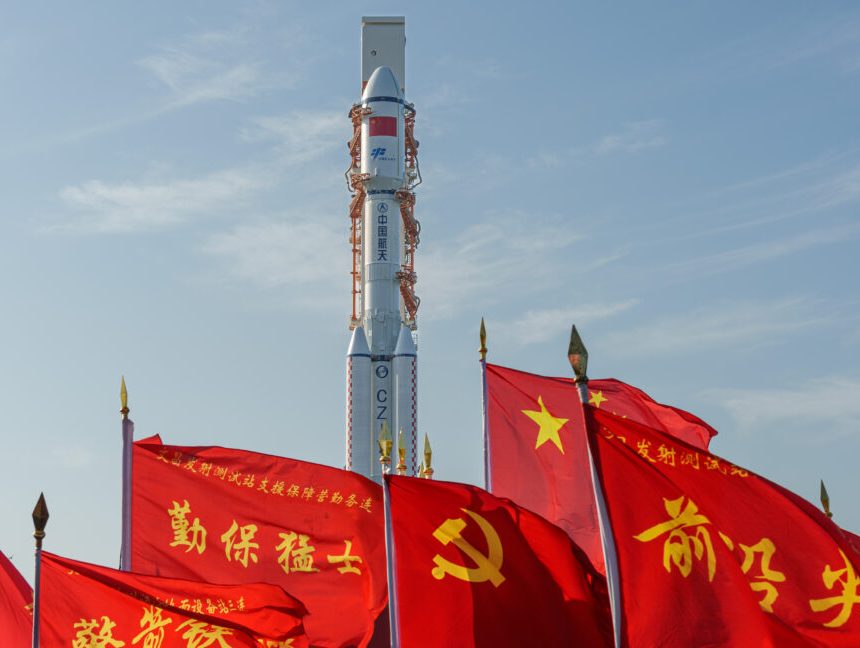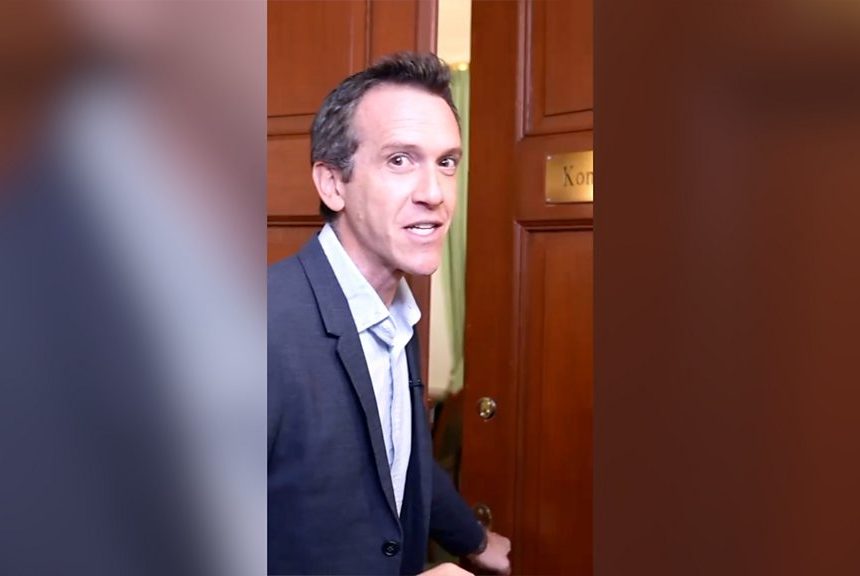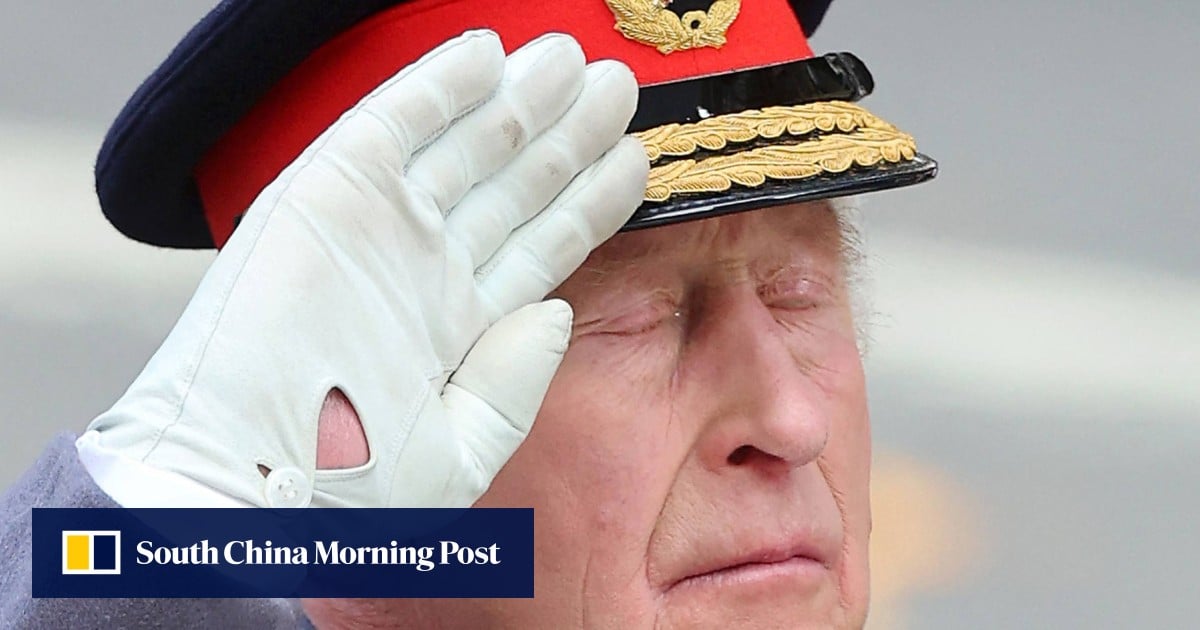Opposed to the proposal are the Bangladesh Nationalist Party (BNP), the only other political group besides Hasina’s Awami League to previously govern the country. It sees the move as an attempt to dilute the chances of securing a majority share required under the existing electoral process.
Bangladesh is a parliamentary democracy in which citizens aged 18 and older elect members to the 350-seat parliament, including 50 seats reserved for women. The leader of the party with a majority of seats as a result of direct elections every five years becomes the prime minister and heads the government.

Historically, Bangladesh’s political landscape has been dominated by the BNP and the Awami League. After Hasina’s regime was toppled, the BNP is seen as the party with the strongest chance of establishing a new government.


